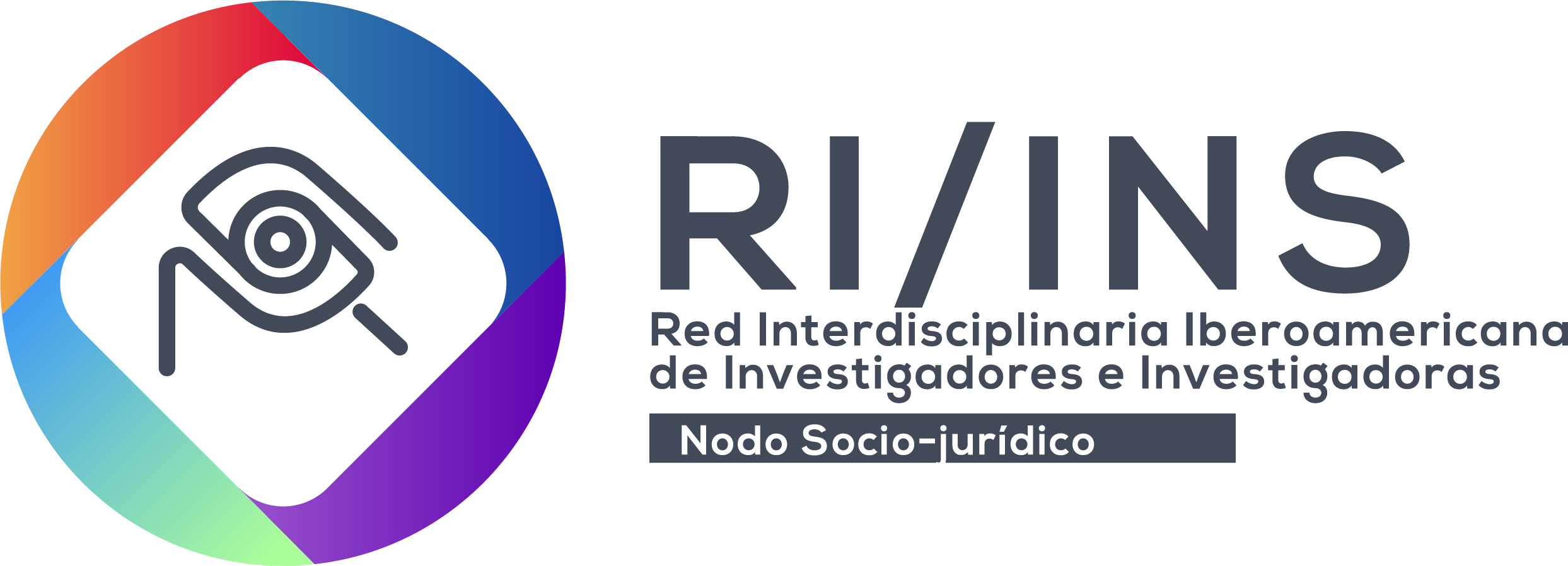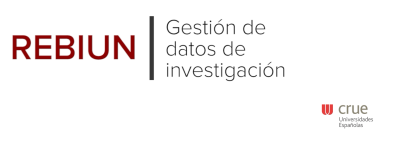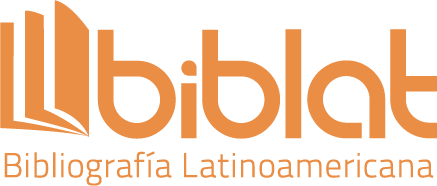Continuing education in education: evolution, models and digital skills
DOI:
https://doi.org/10.62407/rces.v3i5.137Keywords:
Continuing education, digital skills, teacher professional development, educational training models, adaptive learningAbstract
This article explores the evolution of continuing education, highlighting its importance for the professional development of teachers in the context of rapid technological advances and social changes. A literature review analyses various theoretical models, such as TPACK, Competency-Based Learning (CBL), and others, that integrate digital, emotional, and social competencies in teacher training. The study highlights challenges in implementing continuing education, such as lack of resources, resistance to change, and variability in the quality of training programmes. NVivo software was used to systematically analyze qualitative data, identifying five key models: Wilkerson's Triad, Kay's TPACK, Tondeur's SQD, and Albion et al. The results suggest an evolution, toward more complex and multidimensional approaches that recognize the interdependence of technical and pedagogical competencies with positive attitudes, toward technology. Finally, recommendations are presented to improve continuing education, emphasizing the need for institutional support, developing digital skills, and promoting a culture of continuous learning. These conclusions underline the importance of adopting adaptive strategies that respond to the changing needs of teachers and promote quality education in an increasingly digital environment.
References
Albion, P. R., Tondeur, J., Forkosh-Baruch, A., & Peeraer, J. (2015). Teachers’ professional development for ICT integration: Towards a reciprocal relationship between research and practice. Education and Information Technologies, 20(4), 655-673. https://doi.org/10.1007/s10639-015-9401-9
Álvarez-López, G., & Valle, J. (2019). Propuesta de modelo de evaluación sistémica para la educación básica. Revista De Educación, 385, 145-172. https://dialnet.unirioja.es/servlet/articulo?codigo=6990309
Bakri, F., Permana, H., Fitriani, W., Ambarwulan, D., & Muliyati, D. (2021). The development of 21st-century skills and competence in service teacher through TPACK training workshop. AIP Conference Proceedings, 2320. https://doi.org/10.1063/5.0037612
Cabrera Ramos, J. F., Álvarez Álvarez, A., & Enríquez Torrent, C. D. (2022). Actitud hacia Integración de TIC en Educación Física durante crisis sanitaria COVID-19. Estudio exploratorio en el contexto chileno. Retos, 46, 43–52. https://doi.org/10.47197/retos.v46.92928
Fesenko, N., & Shevchenko, I. (2022). Models of the process of training the operator of the automated technological process control system. Engineering and Educational Technologies. 76(5). http://dx.doi.org/10.1016/j.jlp.2022.104749
Figueroa-Gutiérrez, V., Montes-Miranda, A., & Rodríguez-Morato, A. (2020). Evaluación de programas de formación en TIC: debates y enfoques prevalentes en la investigación educativa. Saber, Ciencia y Libertad, 15(1), 225–239. https://doi.org/10.18041/2382-3240/saber.2020v15n1.6312
Guevara Bazán, I. A., Martínez Cortés, J., & Landa Alemán, A. A. (2020). La adaptación a la tecnología en la educación: una situación emergente. Revista RedCA, 3(8), 49-61. https://revistaredca.uaemex.mx/article/download/15462/11415/
Imbernón, F. (2020). Desarrollo personal, profesional e institucional y formación del profesorado. Algunas tendencias para el siglo XXI. Qurrículum, 33, 49-67. https://doi.org/10.25145/j.qurricul.2020.33.04
Kay, R. H. (2006). Evaluating strategies used to incorporate technology into preservice education. Journal of Research on Technology in Education, 38(4), 385–410. https://revistaparadigma.com.br/index.php/paradigma/article/view/606/603
Le Moënne, C. (2006). Algunas observaciones sobre el alcance y los límites de los modelos de comunicación organizacional. Comunicación y organización, (30). https://doi.org/10.4000/communicationorganisation.3449
Le Moigne, J. L. (1987). Modelización de sistemas complejos. Editorial Académica. https://archive.mcxapc.org/docs/ateliers/lemoign2.pdf
Martínez, J. (2020). La evolución de la formación continua en la educación: De la técnica a la integralidad. Editorial Académica.
Mishra, P., & Koehler, M. J. (2006). Technological pedagogical content knowledge: A framework for integrating technology in teacher knowledge. Teachers College Record, 108(6), 1017-1054. https://www.punyamishra.com/wp-content/uploads/2016/08/11552-30402-1-SM.pdf
Ortega Carrillo, J. A., García Arango, D. A., Villarreal Fernández, J. E., Cuéllar Rojas, Ó. A., & Henao Villa, C. F. (2020). Estilos de aprendizaje y uso de TIC en docentes universitarios: Análisis relacional basado en componentes. Revista Ibérica de Sistemas e Tecnologias de Informação, (28). https://www.academia.edu/download/98640147/EstilosdeaprendizajeyusodeTICendocentesuniversitarios.pdf
Pérez Manzano, M., & Massani Enríquez, J. F. (2020). La formación continua de educadores de adultos, una mirada reflexiva desde el enfoque de Ciencia, Tecnología y Sociedad. Revista Conrado, 16(72), 321–326. https://conrado.ucf.edu.cu/index.php/conrado/article/view/1253
Pérez Manzano, M., & Massani Enríquez, J. F. (2020). La formación continua de educadores de adultos, una mirada reflexiva desde el enfoque de Ciencia, Tecnología y Sociedad. Revista Conrado, 16(72), 321-326. https://conrado.ucf.edu.cu/index.php/conrado/article/view/1253
Pérez, D. M., Méndez-Giménez, A., Gutiérrez Sánchez-Osorio, M. L., & López Delgado, A. (2020). Efectos del modelo TRIAL classroom en la autorregulación del alumnado de educación primaria frente a la metodología tradicional. Espiral: Cuadernos del Profesorado: Revista multidisciplinar de Educación, 13(26), 86-96. http://dx.doi.org/10.25115/ecp.v13i26.2689
Rahmaningtyas, W., Muhsin, M., & Saeroji, A. (2022). Training for developing digital presences with Zoho Form for office automation and office governance. ABDIMAS: Jurnal Pengabdian Masyarakat, 4(2). https://doi.org/10.35568/abdimas.v4i2.1624
Sang, G., Valcke, M., van Braak, J., Tondeur, J., Zhu, C., & Yu, K. (2012). Challenging science teachers’ beliefs and practices through a video-case-based intervention in China’s primary schools. Asia-Pacific Journal of Teacher Education, 40(4), 363-378. https://doi.org/10.1080/1359866X.2012.724655
Valdés-Valdés, P. J., Arango-Hernández, Y., Veitia-Acosta, A. C., & Martínez-León, Y. (2022). El uso de las TIC en el proceso enseñanza aprendizaje desde la carrera Educación Artística. Santiago, 158, 128-139. https://santiago.uo.edu.cu/index.php/stgo/article/view/5457
Vezub, L. (2013). Hacia una pedagogía del desarrollo profesional docente. Modelos de formación continua y necesidades formativas de los profesores. Páginas de Educación, 6(1), 97-124. http://www.scielo.edu.uy/scielo.php?script=sci_arttext&pid=S1688-74682013000100006&lng=es&tlng=es.
Wilkerson, L., & Feletti, G. (2003). Problem-based learning: One approach to increasing student participation. New Directions for Teaching and Learning, (95), 85-94. https://doi.org/10.1002/tl.37219893707
Downloads
Published
How to Cite
Issue
Section
License

This work is licensed under a Creative Commons Attribution-NonCommercial-ShareAlike 4.0 International License.


















